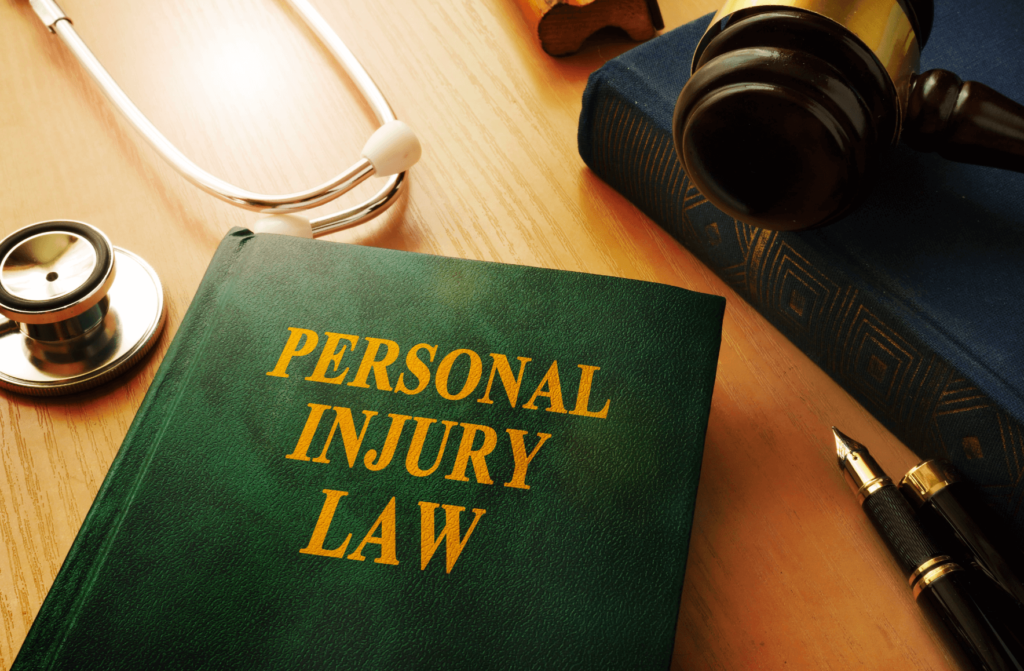Were you hurt in an accident? You are not alone. The Centers for Disease Control and Prevention (CDC) cites data showing that Americans make 38 million injured-related emergency room (ER) visits each year. You may be wondering: What is the legal difference between an injury and an accident? In the context of personal injury law, an “injury” is something that can result from an “accident.” In this article, our Jersey City personal injury attorney highlights the key things to know about what distinguishes an injury from an accident and the broader implications for your claim.
Defining the Terms: Injury and Accident
In personal injury law in New Jersey, the terms “injury” and “accident” are frequently used interchangeably, but they do have slightly different meanings. It is useful to understand the difference. Here is a clarification of the definitions for these terms:
- Injury: An injury refers to any physical or emotional harm that a person suffers as a result of an accident. The accident may have been caused by someone else’s negligence or intentional misconduct, which would make it legally actionable.
- Accident: On the other hand, an accident refers to an unplanned event that causes injury. For example, if a driver runs a red light and hits another car, this would be considered an accident. An accident may or may not result in serious injuries.
What to Know About Personal Injury Law in New Jersey (Injuries and Accidents)
Personal injury law in New Jersey is designed to protect individuals who have been harmed as a result of someone else’s negligence or intentional actions. Here are a few key things to know about personal injury law in New Jersey:
- Statute of Limitations: In New Jersey, the statute of limitations for personal injury cases is two years from the date of the accident or injury. Most notably, this means that you have two years from the date of the accident to file a lawsuit. If you don’t file within this time frame, you will likely be barred from pursuing a claim.
- Comparative Negligence: New Jersey follows a comparative negligence system, which means that the amount of damages awarded in a personal injury case may be reduced by the percentage of fault attributed to the plaintiff. For example, if a jury determines that the plaintiff is 25 percent at fault for an accident, then the damages awarded will be reduced by 25 percent.
- Compensatory Damages: In New Jersey, damages awarded in personal injury cases are intended to compensate the plaintiff for actual losses, such as medical expenses, lost wages, and pain and suffering. To maximize your financial recovery, an injured victim needs not just to prove liability but also to prove the extent of their damages.
Set Up a Free Consultation With a Jersey City Personal Injury Lawyer Today
At The Law Offices of Anthony Carbone, our Jersey City personal injury attorney fights tirelessly to help clients secure justice, closure, and the maximum settlement. Contact us today to set up your no-cost, no-commitment case review with a top-rated personal injury attorney. From our Jersey City law office, we are well-positioned to serve communities throughout North Jersey.
Notice: JavaScript is required for this content. This form is currently undergoing maintenance. Please try again later.